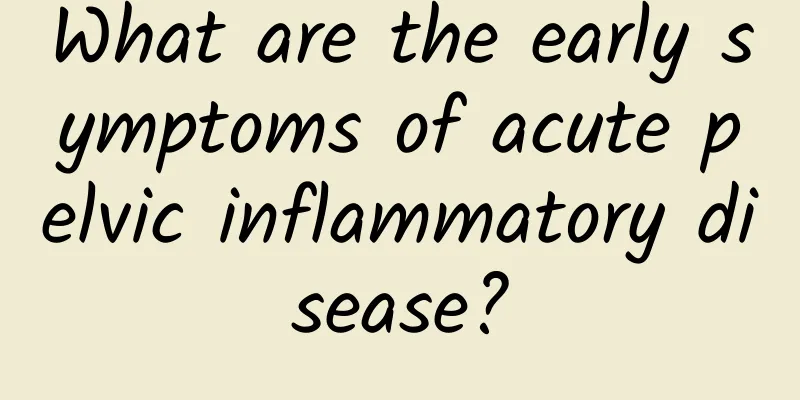Etiology and pathology of pelvic peritonitis

|
There are many modern women who suffer from pelvic peritonitis. For the treatment of this common disease, it is necessary to find out the specific cause of the disease for different patients. Therefore, it is also very important to find the cause of the disease for the diagnosis and treatment of this disease. Let's talk about the etiology and pathology of pelvic peritonitis. Pelvic peritonitis can be completely cured, but it must be effectively treated on the basis of identifying the pathogens. So what causes pelvic peritonitis? Most pelvic peritonitis is caused by inflammation, that is, by exudation of chronic pelvic peritonitis. There are also a few cases caused by ruptured ectopic pregnancy, corpus luteum rupture, pelvic abscess, chocolate cyst, and ovarian cancer. Those caused by acute and chronic pelvic peritonitis are often accompanied by lower abdominal pain (bilateral or unilateral), lumbar pain, etc. The specific cause of the disease is that the serous exudate caused by inflammation cannot be absorbed by the body and slowly accumulates in the body. The location of this disease mostly occurs in the lower part of the pelvic cavity such as the uterine rectal pouch. Through the above content, female friends can have a general understanding of this disease. However, in addition to the above-mentioned women who have normal pelvic peritonitis due to physiological characteristics, pathological pelvic peritonitis is mostly pelvic peritonitis or endometriosis. The cause of this disease is related to the patient's bad hygiene habits, such as having sex during menstruation or within one month after childbirth, taking a bath within one month after gynecological surgery, etc. Medical-induced infection caused by improper disinfection of artificial abortion and induced labor can also cause this disease. To know the cause of this disease, it is best to perform a posterior fornix puncture to identify the nature of the fluid. If there are chronic infection lesions, it may be an inflammation of the gynecological system such as the ovaries and fallopian tubes, or it may be caused by tuberculosis or tumors. Pelvic peritonitis should be treated early, otherwise it will affect fertility. This disease is the presence of inflammatory exudate in the pelvic cavity. It can occur after the endometrium becomes inflamed. The slightly viscous fluid exudates from the swollen cells of the endometrial tissue and is gradually wrapped by the surrounding tissue to form a cystic mass. If it is not treated, it can slowly grow. If it is too big, it cannot be eliminated by drugs and needs to be removed surgically. |
<<: Three major causes of pelvic peritonitis in women
>>: What are the common causes of pelvic peritonitis?
Recommend
Diagnosis of vulvar leukoplakia should select multiple points of different lesion sites for sampling
Experts say that leukoplakia of the vulva is more...
Causes of habitual miscarriage
Many female friends are prone to miscarriage and ...
What should patients pay attention to in their diet after uterine fibroid surgery?
What should patients pay attention to in their di...
Don’t eat the wrong foods when losing weight, protein is a good helper! Nutritionists teach how to eat protein correctly to increase satiety and reduce appetite
Many people still eat cold noodles, bread, etc. a...
What are the main tests for ovarian cysts?
What are the main aspects of ovarian cyst examina...
What is the approximate age of menopause in women?
Each age group has a different physiological cycl...
Why are women more susceptible to vaginal candidal infection?
Why are women more susceptible to candidal vagini...
How much does it cost to treat congenital absence of vagina?
How much does it cost to treat congenital absence...
What is the most effective treatment for endometrial tuberculosis?
What is the most effective treatment for endometr...
Causes of pelvic inflammatory disease
Causes of pelvic inflammatory disease: When women...
What are the advantages of rectal medication for pelvic effusion?
Rectal medication for pelvic effusion can effecti...
Eat too much during Chinese New Year? Homemade 2 kinds of anti-edema drinks
During the Chinese New Year, people do nothing bu...
Beef is required to be marked on the road in various forms
Starting today, the 12th, beef sold on the market...
What are the symptoms of vaginitis?
Vaginitis is a common gynecological infectious di...
Why do I have stomach pain after an abortion? There are 4 reasons
Women who have abdominal pain after abortion must...









